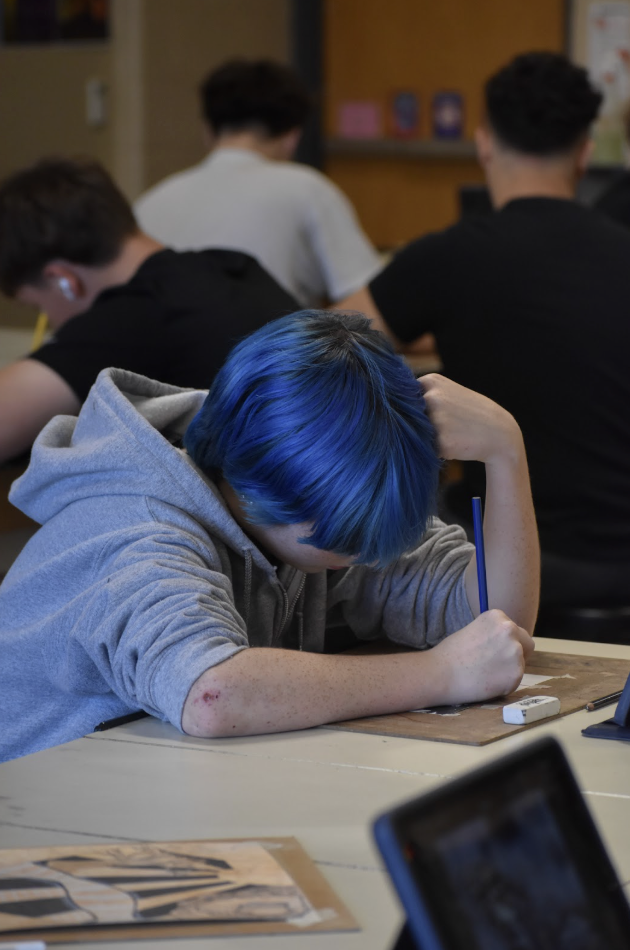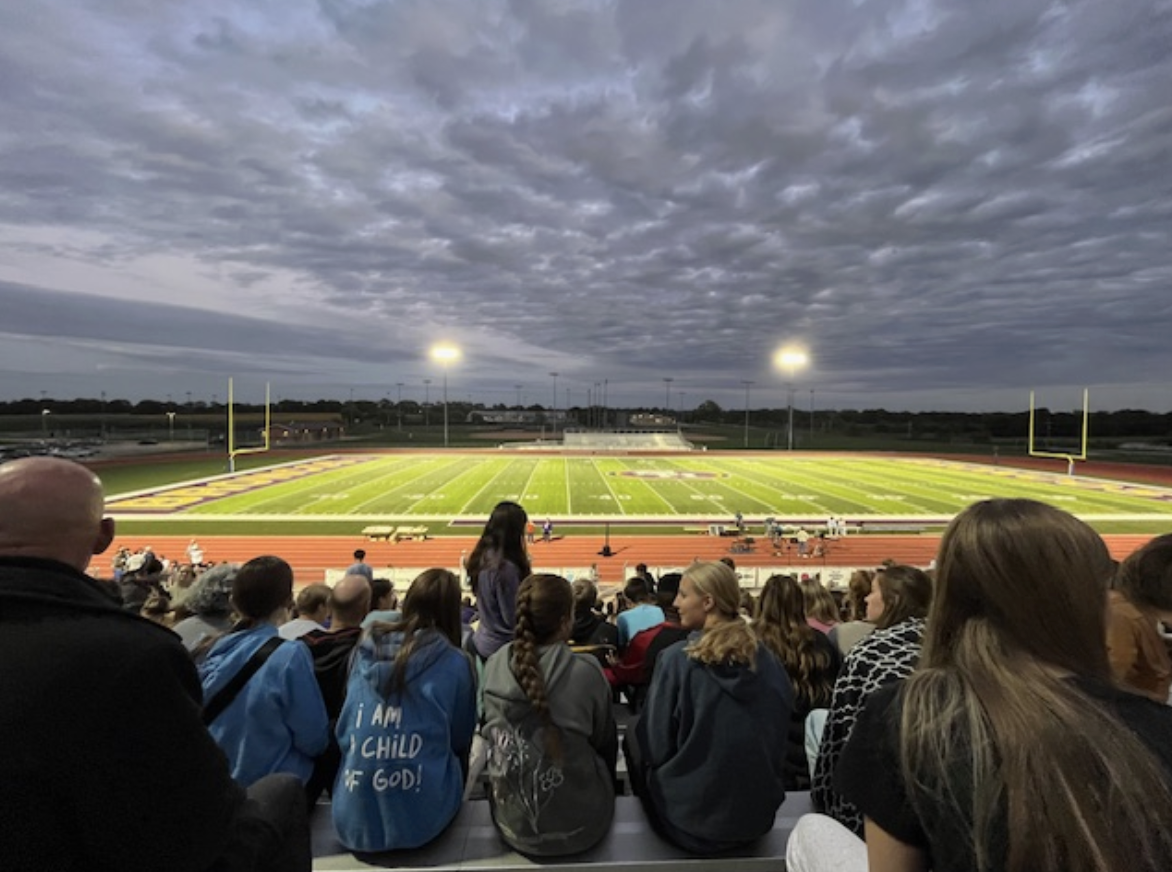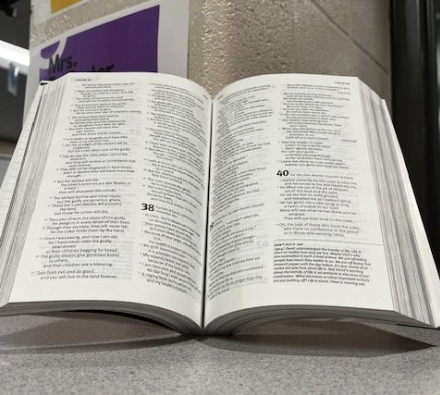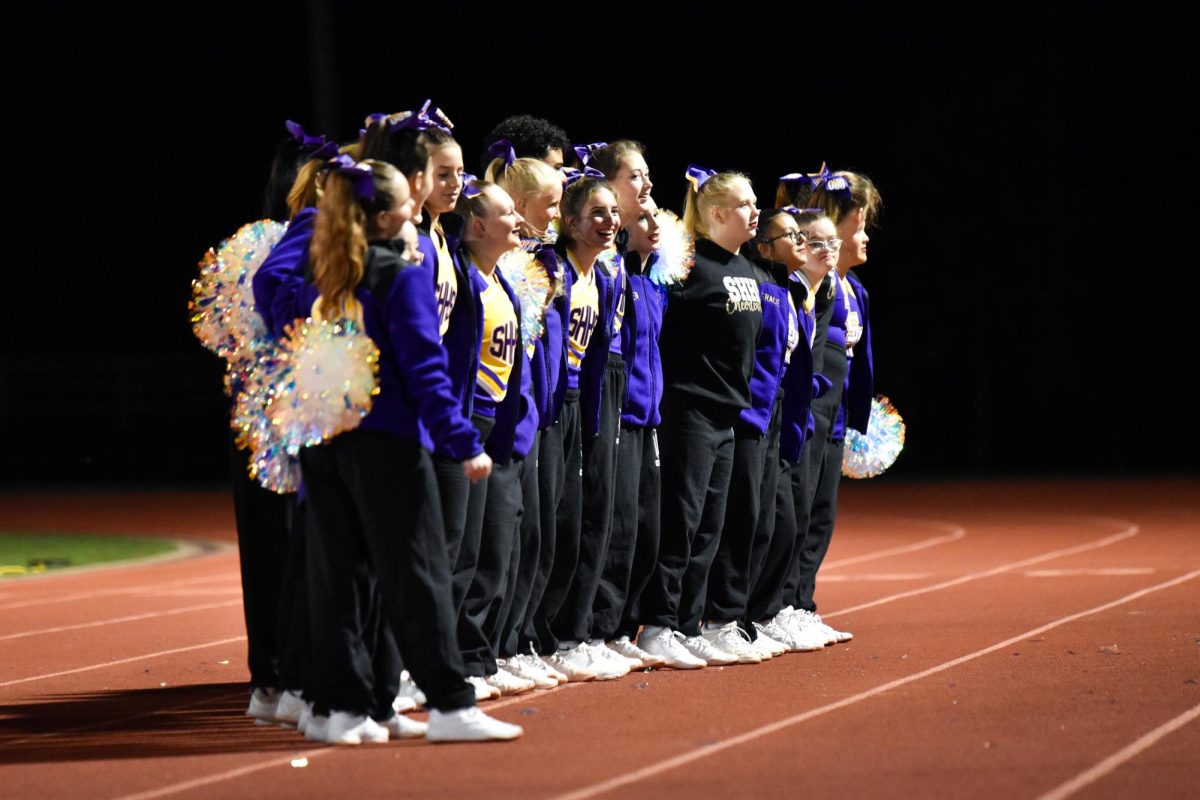Think back to freshman year biology. After taking notes for a week and doing different online interactive assignments, one day the teacher says, “Friday you’ll have a lab.”
From looking at bacteria to even dissecting frogs, there’s no way to know what to expect. Even in anatomy, they’re still analyzingcells under microscopes. Many students have a love-hate relationship with labs. Some students love the interactiveness because they are better hands-on learners. Others hate the work, the material, and having to get up and move around. But, when it comes to the overall grade and understanding of the class, are labs beneficial? No other core class utilizes as involving, first hand examples, so how does it impact the students?
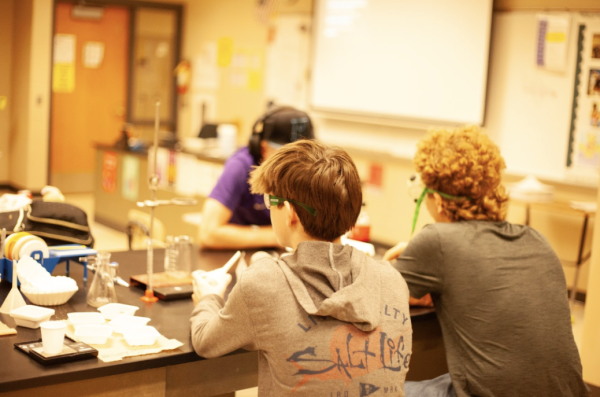
From their own perspective, Zachary Pankewich, 11, says that labs are important for the digestion of information. As an Anatomy student, Pankewich is a strong believer in this principle. They elaborate on the fact that “when you actually get to college labs, you’ll know the material better.”
Overall, Pankewich says that chemistry labs have helped the most. Though the class moves at a fast pace, the labs helped solidify their understanding and kept them engaged in honors chemistry last year. According to Pankewich, Matthew Lundy would “blow something up” whenever they could tell the class was losing steam. Pankewich thinks that labs are truly what helps make science classes understandable and retainable.
When it comes to the frequency and intensity of high school labs, there is a very large change from middle school. Being more focused on specific topics versus an overall idea is often used to help develop a deeper understanding. For freshmen, it can be a bigger change in comparison to previous high school students due to the shift from middle school, because it involves more effort and experience.
When asked, Carter Hendrickson, 9, explains that “it just helps you understand more, because you can actually do it.”
Instead of just being notes or examples, being able to be involved and work through the answers themselves, it makes students understand and retain instead of just remember.


![Peering through their microscopes, [Brock] Laplante’s freshman Biology class has a hard time pretending they’re not interested. From sharp angles to swirling cells, there’s no predicting what could be seen.](https://stampedenews.net/wp-content/uploads/2025/10/Screenshot-2025-10-03-at-10.56.07-AM.png)

